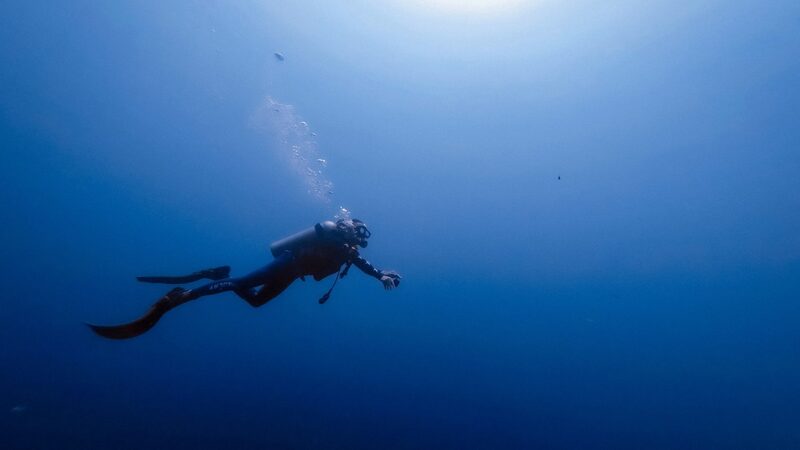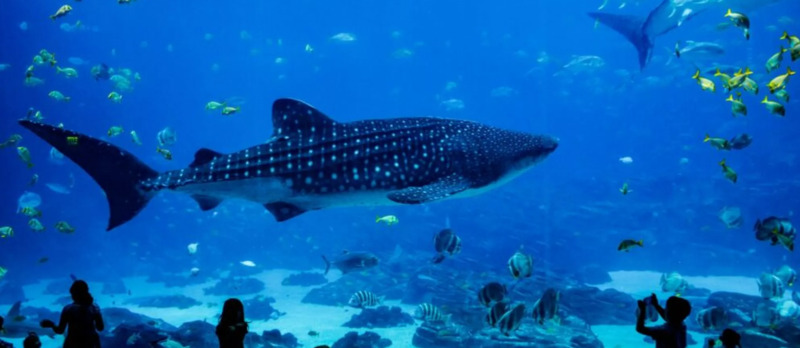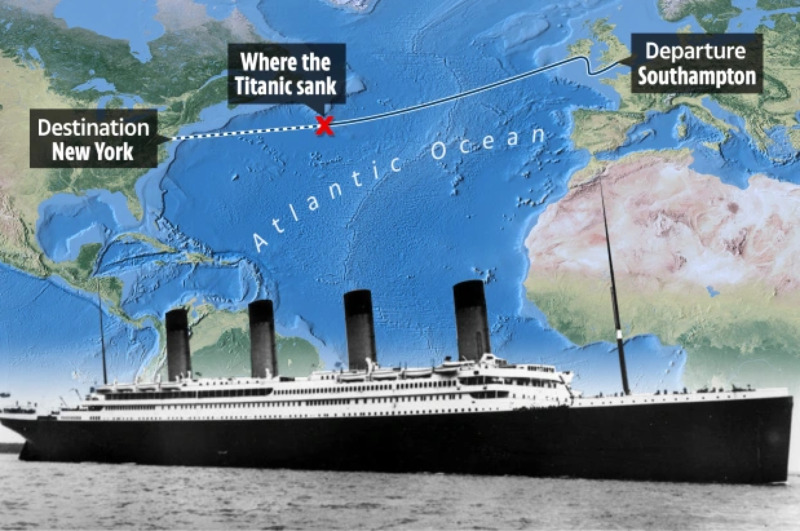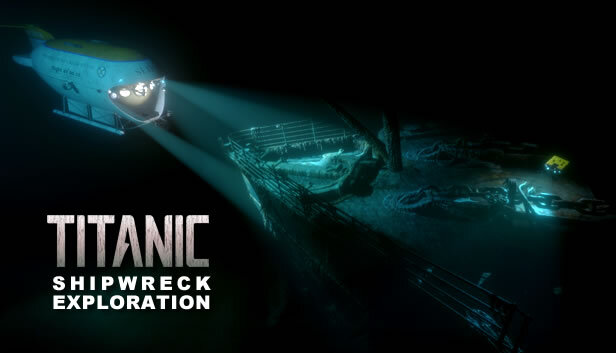Entertainment
The entertainment industry encompasses many different activities when regarding the oceans, such as: movies, recreational boat rides, aquariums, and tourism; all these activities significantly influence the health of the oceans. Film and television productions often perform on-location shoots near coastal areas, which can lead to habitat disruption if not managed responsibly. Recreational boat rides, a popular leisure activity, contribute to marine noise pollution and potential oil spills, posing threats to marine life. Additionally, tourism, a major economic driver for coastal regions, can result in overexploitation of marine resources, habitat degradation, and increased waste in our oceans, even shipwrecks. The entertainment industry has a responsibility to adopt sustainable practices to minimize its environmental impact.
The more that industries develop, the more knowledge we get around the oceans, which leads to more curiosity and explorations; however, humans must learn to draw the line of leaving habitats and ecosystems alone in order to preserve their self-sufficiency.
By integrating eco-friendly measures into film productions, implementing responsible tourism practices, and encouraging sustainable recreational activities, the entertainment industry can play a vital role in spreading awareness to preserving the delicate balance of marine environments for future generations.
Movies
The movie industry has come a long way: from silent films to the use of special effects and computer-generated imagery. However, the impact that the film-making industry has on oceans and other natural habitats has seen an increase too, in a negative manner.
The Animal Market and Aquariums
"On land or in the water, once these animals become ornaments, they no longer can do their work in nature as intended. And as we see today, our climate is paying the price," Crown explains (Erik E. Crown, documentary filmmaker on environmentalism and animal rights, 2022).
Recreational Purposes
Tourism Gone Wrong
The Titanic was the name of the British luxury passenger liner that was traveling from Southhampton, England to New York City, NY when it sunk on April 14, 1912 in the middle of the Atlantic Ocean. This unfortunate tragedy has been an inspiration for authors, movie-makers, play-writers, and even billionaires and scholars who were left with much speculation about what happened and where the shipwrecks remain. The Titanic sunk in 1912, next The Titanic movie aired in 1997 (85 years after the tragedy), and now, 26 years later, billionaires attempted to reach the Titanic's shipwreck remains in 2023.
Ocean exploration has been an industry of itself, but adding entertainment to it allowed Stockton Rush and Guillermo Sohnlein to found their company, OceanGate Inc in 2009. They provided crewed submersibles for tourism, industry, research, and exploration. The Titanic tragedy along with human curiosity allowed the company to take paying tourists aboard their sub, The Titan, to visit the wrecks of the ship remains since 2021.
However, entertainment and the oceans have a fine line of safety as we all witnessed on June 18, 2023, The Titan imploded during a voyage to the Titanic wreck site, killing all five passengers, including the CEO of the company, Rush.







